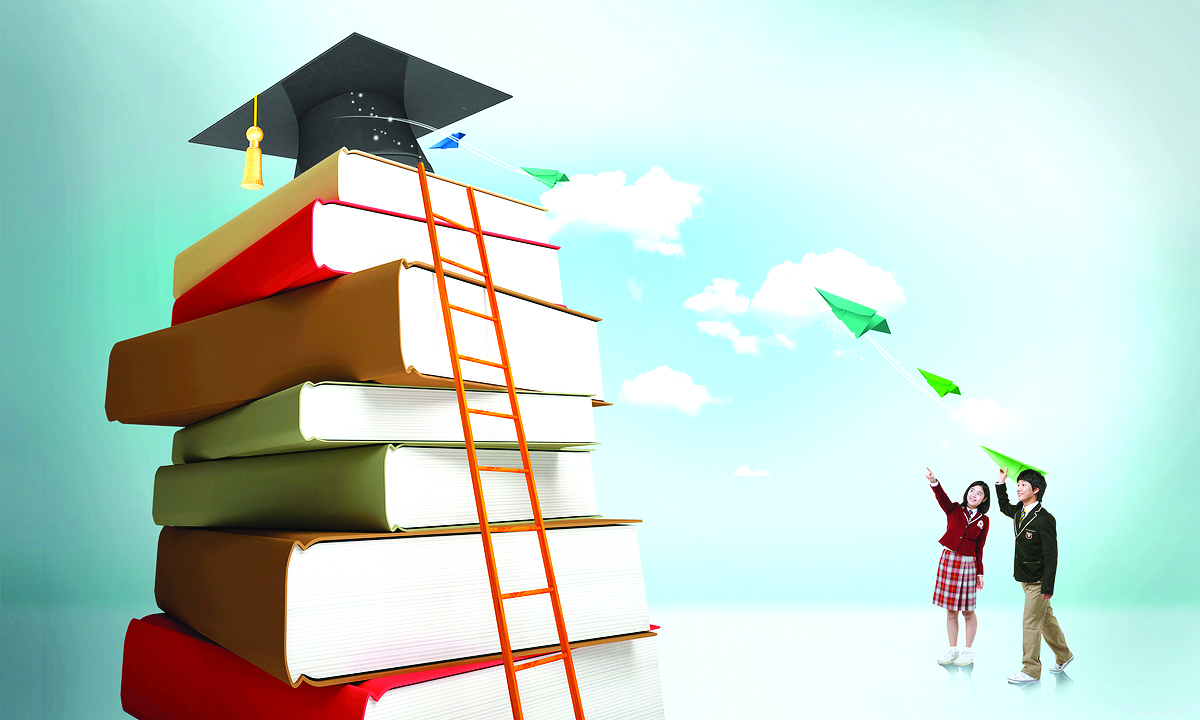Summer is a great time for students to reflect on their past school year and start preparing for the future. As they do this, students should also be re-evaluating their past goals and looking to create new goals for the future. Many students and parents may have already heard or read about creating SMART goals, but I’ll be referring to them while talking about the benefits of setting academic and personal goals.
The first thing students should think about when setting new goals is being Specific. The goal should answer the following questions: Who is involved? What will be accomplished and which constraints can there be in accomplishing the goal? Where can the goal be completed and why is this important? The answers should be clearly defined and not contain ambiguous language. Instead of writing, “My friends and I will…” students can start by writing, “John, Rachel, and I will…”.
The next part of making a great goal is to make sure that it is Measurable. Students should be able to keep track of their progress and measure the final outcome. This will also help students know when they’ve accomplished the goal. Rather than saying they want to read “more” during the summer, students can take it upon themselves to“finish one book every two weeks” during the summer.
Although it’s great to think big, students should formulate goals that are still Achievable. Goals should not be too easy to accomplish nor completely out of reach. If a student didn’t pass any AP exam last year, it would be somewhat unreasonable to aim for 5’s on all their AP exams the following year. If that student plans to take 4 AP exams next year, a better goal would be to pass all 4 tests while trying to get a 4 or a 5 on two of them. By setting reasonable goals and reflecting on them, students can also find some barriers they may have to overcome in order to complete their goals. It can also allow students to plan out a better path toward the finish line.
The goals students form should also be Relevant to their personal values and priorities. They should be worth the time students will invest trying to accomplish their goals and fit within their immediate and long-term plans. This also helps students understand themselves better as they constantly re-evaluate their values, priorities, and beliefs. This inward thinking should also help students when it comes to writing their personal essays since they’ve already reflected on their own lives and their plans for the future. Also, many of their activities and accomplishments will already be related to the bigger plan they wish to accomplish in the future.
Finally, students should create goals that are Timely. Goals, just like food, should have expiration dates. This will help students stay on top of their goals and not let it become stale. Students will gain a sense of urgency and learn to manage their time better. They will also become more disciplined and focused as they look to finish what they started.
By setting SMART academic and personal goals, students can discover who they are while developing focus and motivation. Encourage children to write their goals on a notepad or their phones so they can check their progress periodically. Parents can also help by making sure their children stay positive throughout the process. Failures will happen, but they shouldn’t deter students from creating new goals and parents can continue to encourage students so a better result can happen next time. Through positive reinforcement, students can learn to persevere and work through situations rather than give up when something becomes difficult. By learning these skills now, students can accomplish their goals more often and learn to get up and overcome even when situations temporarily knock them down.<*>
노스리지: 17076 Devonshire St, Northridge, 전화 (818) 831-4422
발렌시아: 26650 The Old Rd. Ste 130,, Valencia, 전화 (661) 259-0052
다우전옥스: 1414 E. Thousand Oaks.WWW #216, 전화 (805) 778-1177














 AP Computer Science A와 AP Computer Science Principles - 이주...
AP Computer Science A와 AP Computer Science Principles - 이주...




